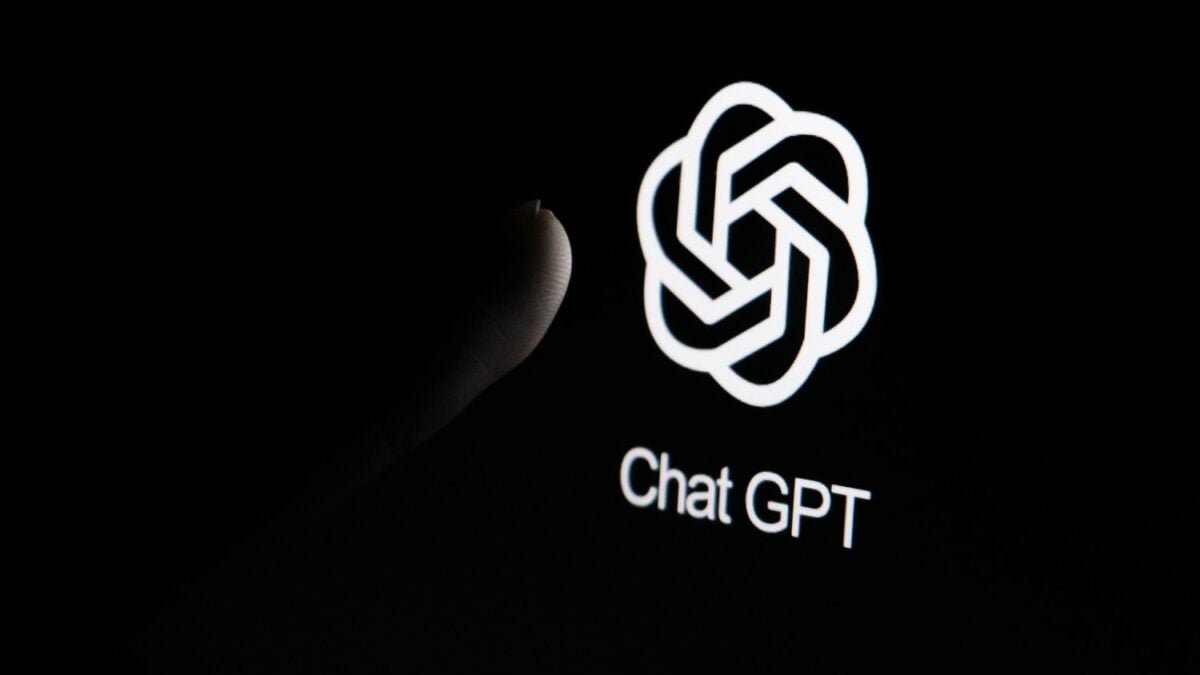ChatGPT crossing unexpected boundaries: AI gets a hot date

Sam Altman, the creator of OpenAI, has made a groundbreaking announcement that has stirred up the internet: his AI will now be capable of generating adult content for verified users. This evolution from a simple chat tool to a tool for creating adult content has sparked a debate between those championing creative freedom and those concerned about potential digital dependencies.
An announcement that raised more questions than applause
On October 14, Sam Altman, CEO of OpenAI, revealed on X network (formerly Twitter) that ChatGPT will soon have the ability to produce erotic content for adults, starting in December. This new feature will come with an “age verification” system to ensure that minors are not exposed to such content.
Altman’s message seemed technical and routine, but the impact was immediate. He emphasized that this new version of the model will cater more to what users have previously enjoyed and that OpenAI will be treating adults as adults once again. The company aims to return to its roots.
Artificial eroticism: freedom or emotional addiction
Altman later clarified that ethical limitations will still be in place, and OpenAI will block any use that could harm users or impact their mental health. While the company is not the moral police, Altman stressed the need to protect minors from potentially harmful experiences.
The reaction to this announcement was intense, with users questioning how boundaries around “digital desire” will be defined. Some expressed concerns about the potential for developing emotional attachments to AI, citing real-life cases where individuals have formed deep connections with virtual partners.
Invisible risks: childhood, control, and power
Criticism of the age control system and the potential emotional impact of interacting with AI came from within the tech community itself. Billionaire Mark Cuban warned about the dangers of forming emotional bonds with algorithms, cautioning against the risks of teenagers or young people developing relationships with AI that could lead them into unknown territory.
As big tech companies strive to humanize conversational AI, the distinction between utility and intimacy becomes increasingly blurred. Altman defended OpenAI’s decision, asserting that people should have the freedom to use AI as they wish, even in the realm of desire.
The upcoming changes to ChatGPT in December could signify a shift towards a new era where intimacy is not solely human and where the boundaries of love and control are redefined through technology. The debate now lies in our readiness to navigate a future where machines understand and manipulate our deepest emotions.




